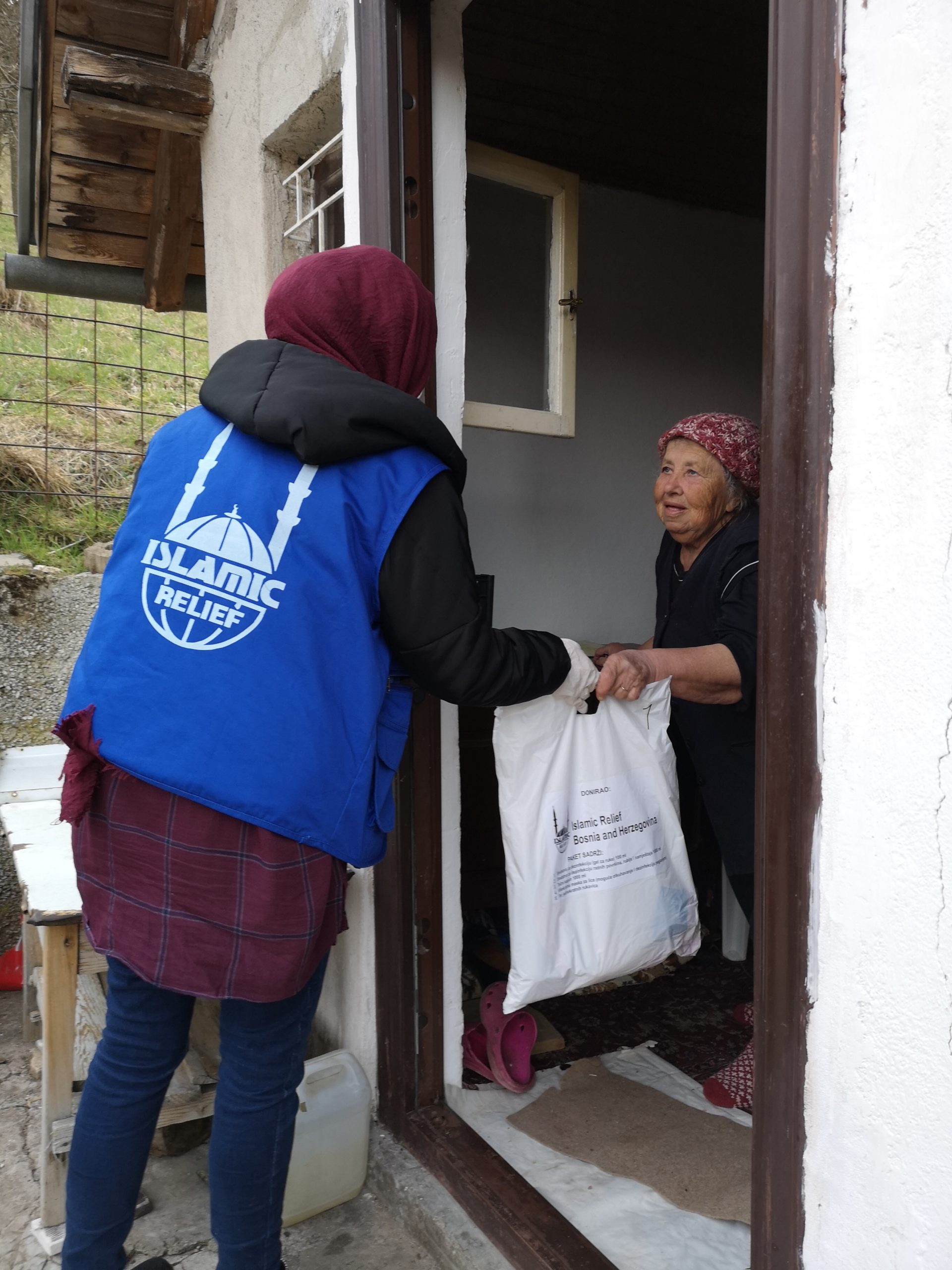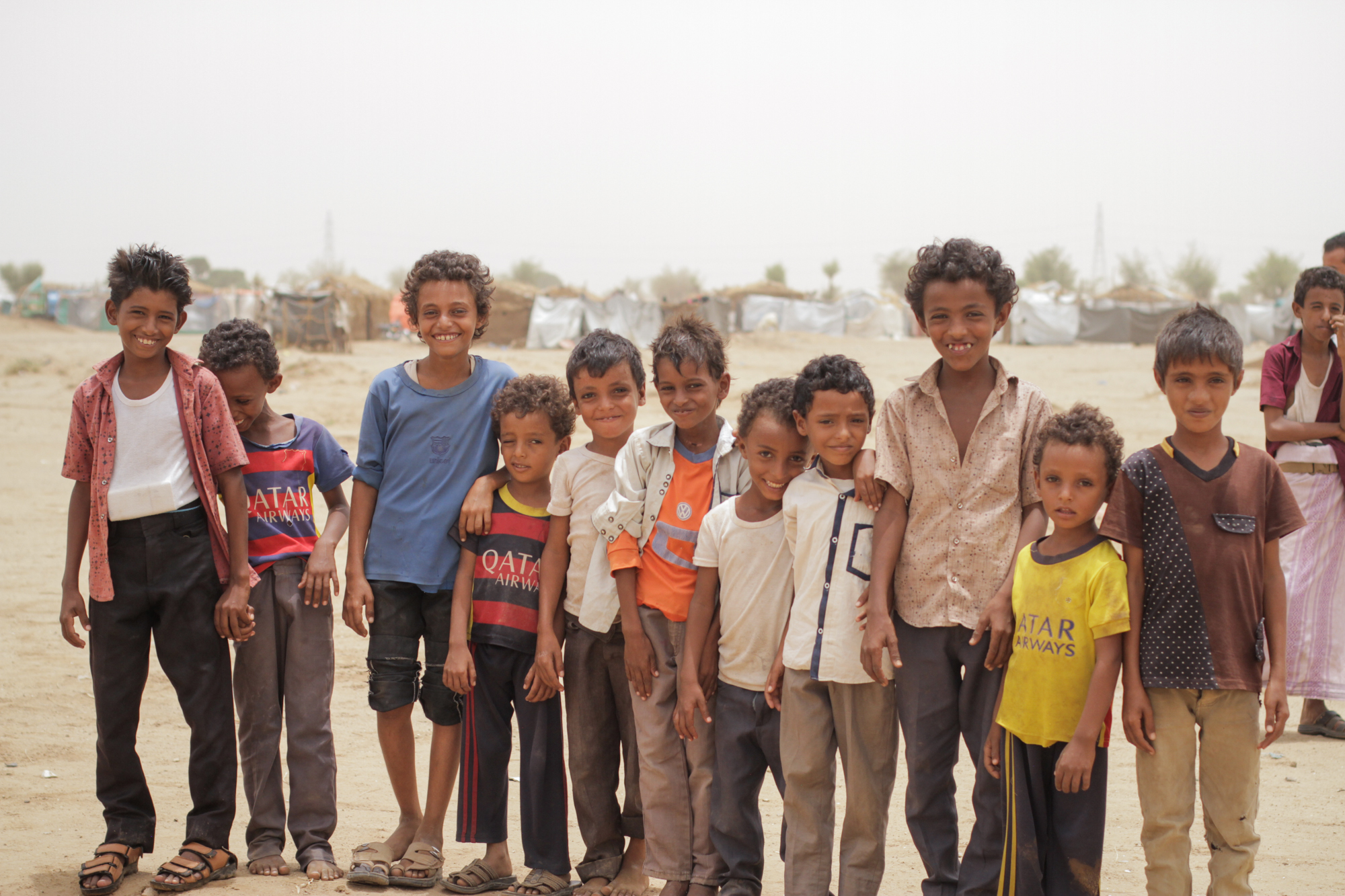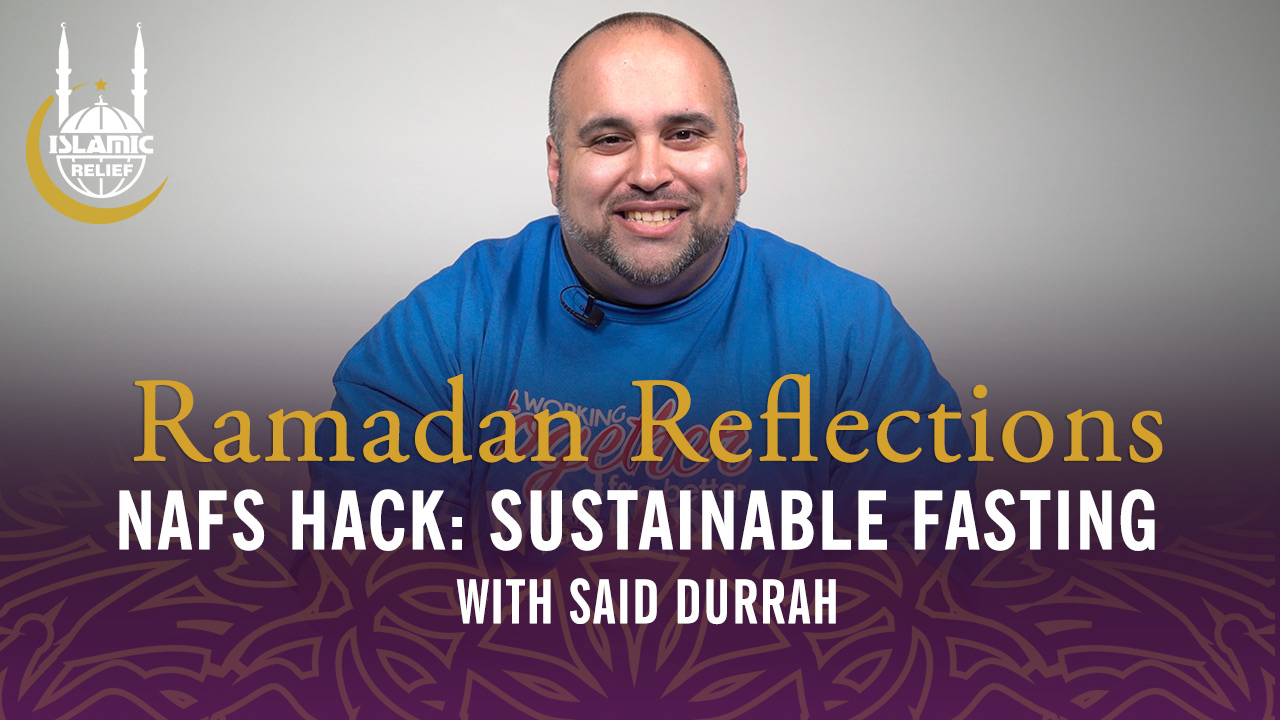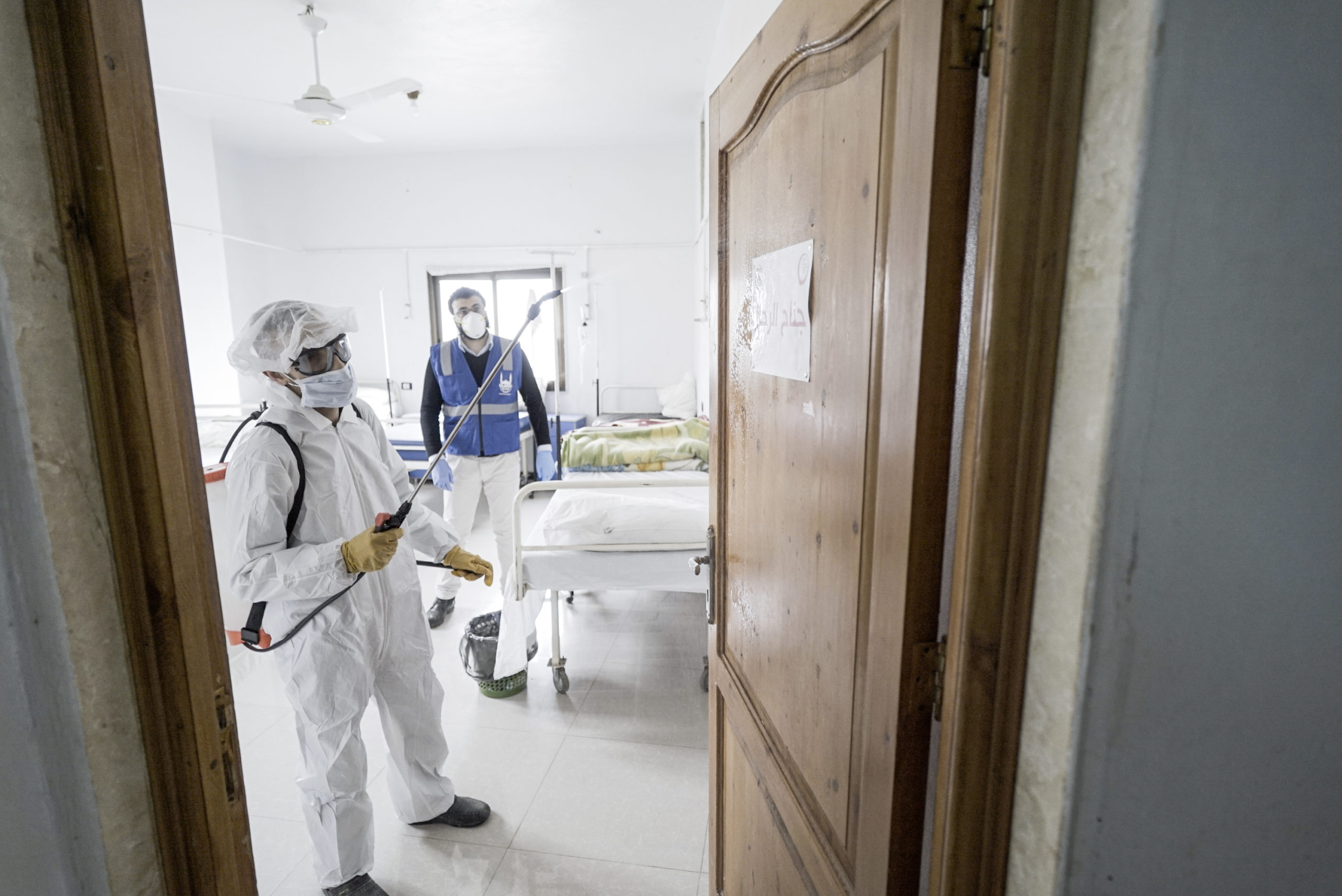
We can’t Afford to Look away
COVID-19 is still an active threat and everyone needs to pay attention
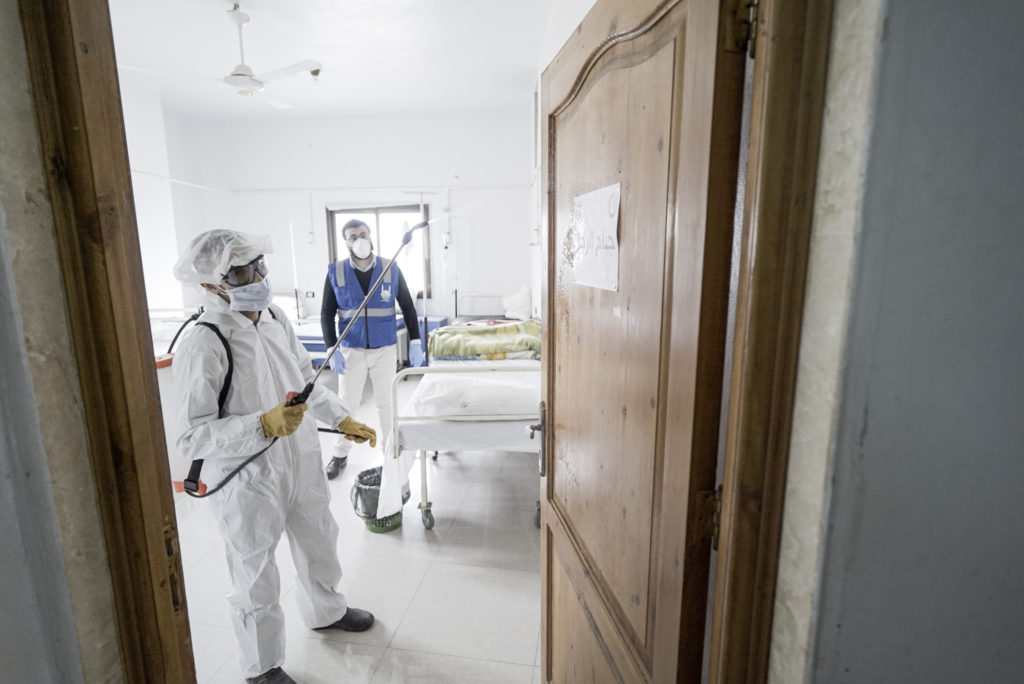
Open Doors
If you were an essential worker, more than likely you understand what it was like to walk out of your home unaware of COVID-19 would affect you or the people you loved a few months ago. But our essential workers were left with no choice. Heads of households who didn’t have the privilege of remote work had no choice but to continue while taking precautions and hoping for the best.
Today many states are beginning a slow multi-phased return to normal public operations. This return should be celebrated because it means people who’ve lost the ability to provide can perhaps gain stability again. It could mean women and children who were subject to increased abuse can have access to more support. There are myriad perspectives on why these phases bode well for the public at-large. As a humanitarian relief organizations our priority to assess where crises like COVID-19 stand, and as of now COVID-19 remains a reality.
The risk of return
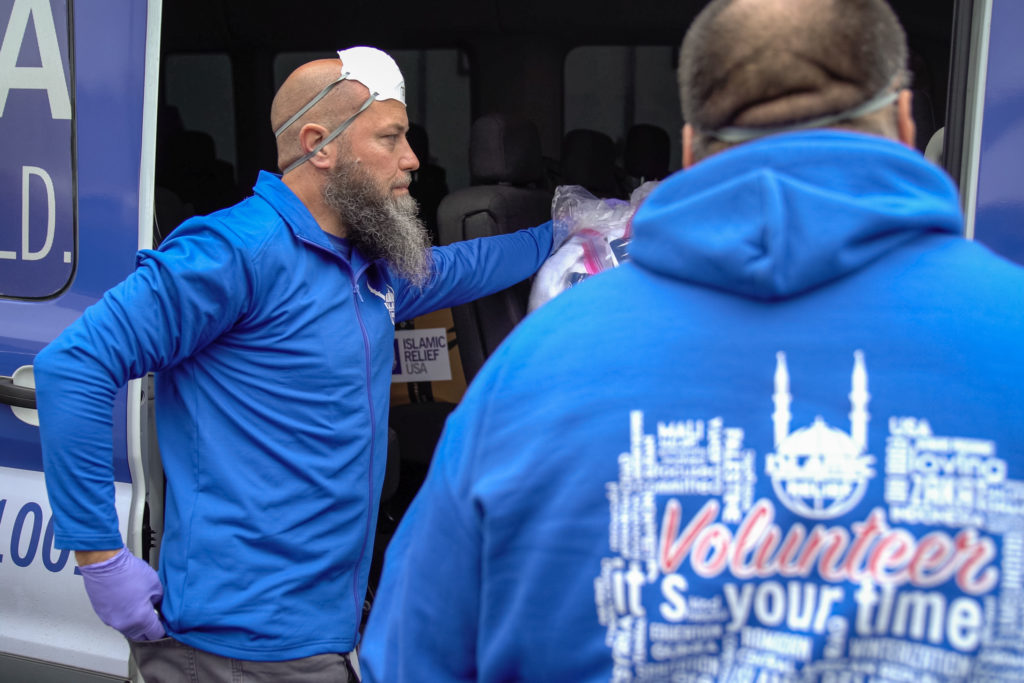
COVID-19 is still an active virus. It is still accounting for widespread hospitalizations. More people are falling fatally ill. According to the World Health Organization, “Most people across the globe are still at risk of coronavirus infection and that the biggest threat to further spread is complacency, as mass gatherings resume in countries worldwide.”
Simply put, while we enjoy our communities opening back up, we should be vigilant of how normal we believe things are. Our public reality won’t be normal for sometime. Many us have experienced the distance requirements, mandatory mask regulations, and sanitation measures taking place to ensure safety.
The personal is communal
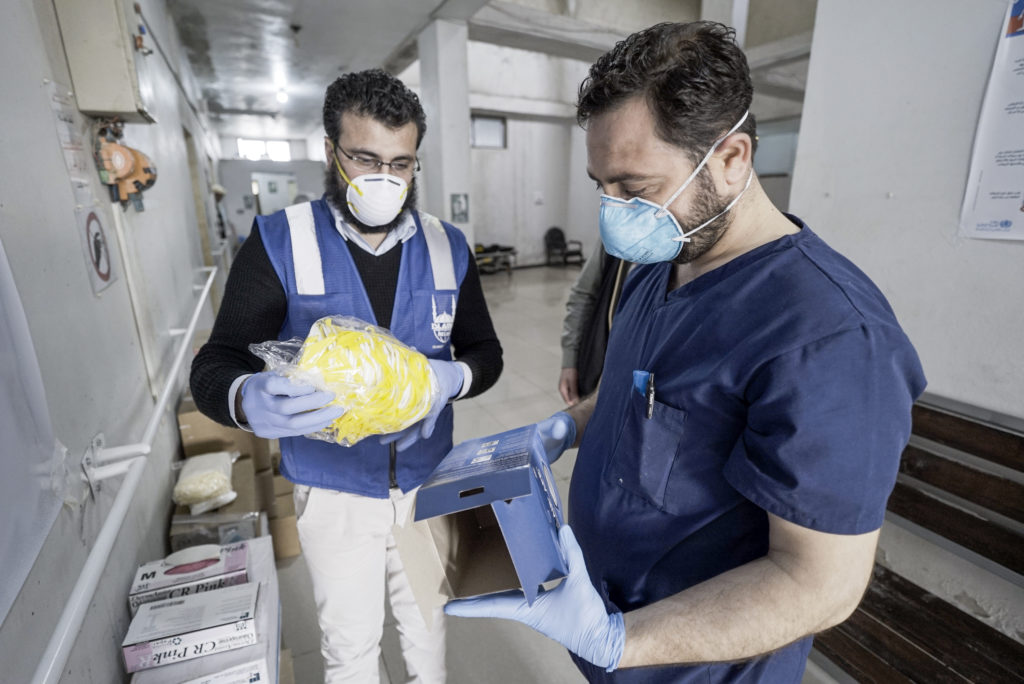
There are many ways we can slow the sharp increases we are seeing take place in many places around the world. But it begins with shifting our mindsets. The personal is communal. If we lack personal commitment to wearing masks, avoiding large crowds, and not social distancing then our communities will face dismal summer. It also unclear as to how the coming transition into fall seasons will impact us. So what can we do? It starts with following the initial guidelines set in place by the World Health Organization (WHO):
- Please continue to stay home as much as possible
- Practice social distancing. Keep 6ft away from other not in your immediate household.
- Wash your hands habitually.
- Cover your cough
- Visit the the moment you feel you are getting symptoms
The impacts of how COVID-19 will unfold are largely undetermined. Though millions of lives have been altered, we can still do our to care for one another.
For more on what IRUSA is doing to aid communities affected by COVID-19 please go to irusa.org/covid19.
